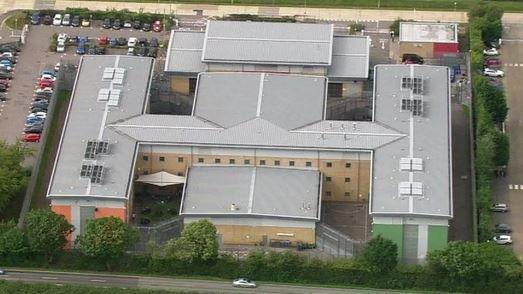Only one change made at ‘toxic’ migrant centre
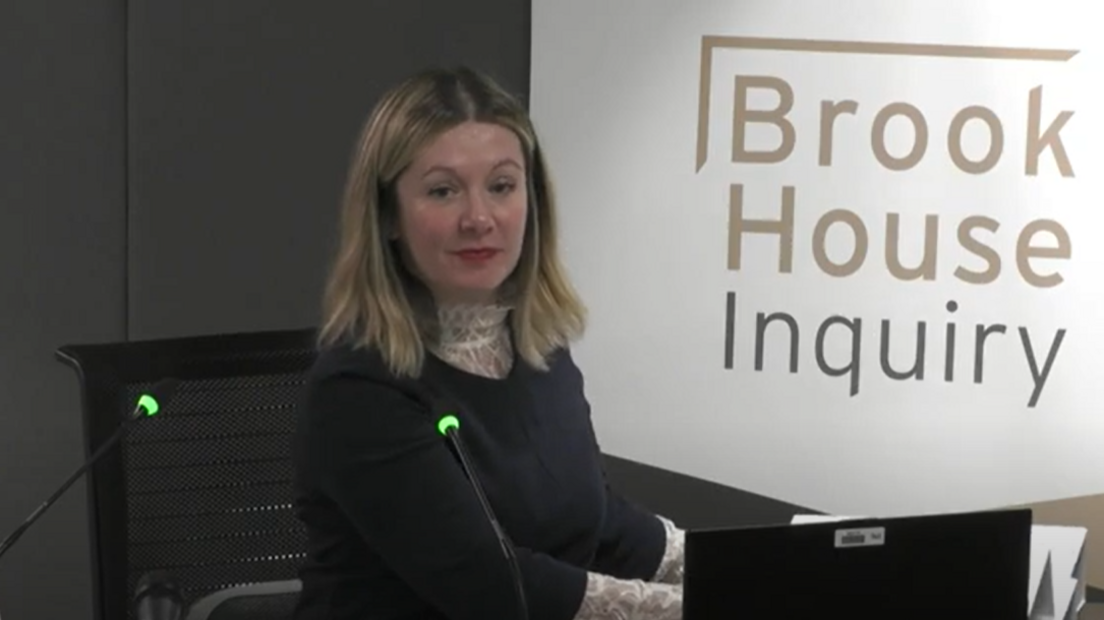
Inquiry head Kate Eves said ministers were "failing to listen" to her recommendations
- Published
The government has only agreed to one out of 33 recommendations made by a public inquiry into abuse at the Brook House Immigration Removal Centre, according to its chair.
A year on from the inquiry's final report, Kate Eves said the government was "failing to listen" to her proposals for "urgent change".
The response of the Conservative government was "inadequate and disappointing" and Labour needed to show more commitment, she said.
In response, the Home Office said: “The abuse that took place at Brook House in 2017 was unacceptable and we are committed to ensuring it will never happen again.”
The Brook House Inquiry report detailed 19 serious incidents where detainees at the centre near Gatwick Airport were abused by staff, following an undercover investigation by BBC Panorama in 2017.
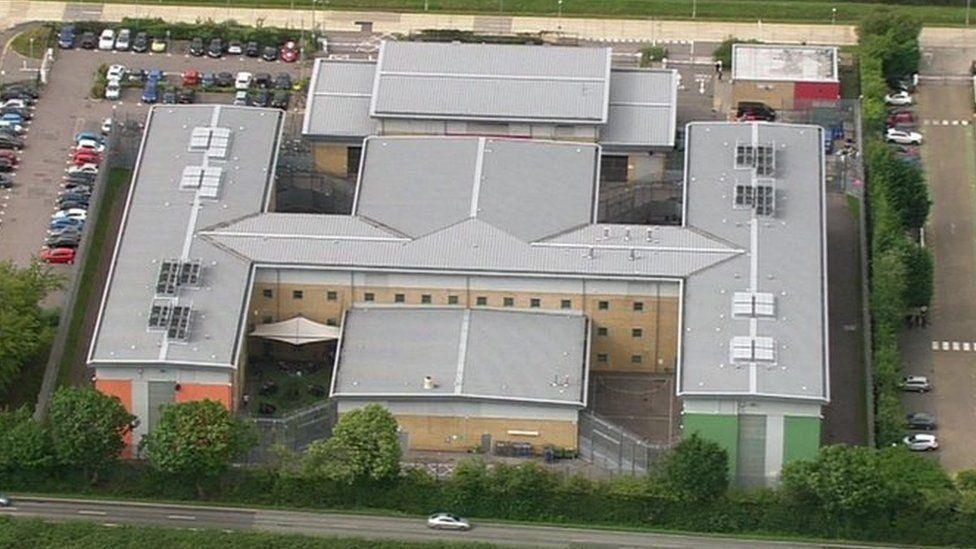
The inquiry made recommendations covering staff training, monitoring of performance and the use of force
Immigration removal centres, often located close to airports, are used to hold failed asylum seekers and foreign national criminals which the government plans to remove from the UK.
Detainees are unable to leave, and are subjected to prison-like rules.
The Brook House inquiry made 33 recommendations, external covering staff training, monitoring of performance and the use of force within the centres.
A key demand was for detention to be limited to 28 days. This has been rejected by the government, which is under pressure to get tough on immigration and remove more failed asylum seekers and foreign criminals from the UK.
Ministers have also failed, so far, to instruct companies running immigration detention centres, that their staff should only use force as a last resort.
This was another recommendation made by Ms Eves, a senior criminologist, who told the BBC it should have been one of the first responses of the government to her inquiry.
Last month the Independent Monitoring Board, which visits Brook House and another nearby centre, Tinsley House, at Gatwick Airport, found the safety of detainees had got worse in 2023.
There was an increase in fights and assaults on staff.
'Toxic' culture
In 2016 an undercover detention officer, Callum Tulley, working for BBC Panorama and wearing secret cameras, filmed shocking scenes of abuse by staff against detainees.
He captured bullying and physical mistreatment of men, some of whom had mental health conditions. One man was put in a "choke hold".
The BBC investigation led directly to the public inquiry. Ms Eves concluded that Brook House had a "toxic" culture making it "entirely unsuitable for detaining people for anything other than a short period of time".
She called for more use of a process under which detainees showing signs of mental health difficulties are considered for earlier release.
She also urged the Home Office, "as a matter of urgency," to issue an order that force could only be used as a last resort, particularly when detainees were suffering from mental ill health.
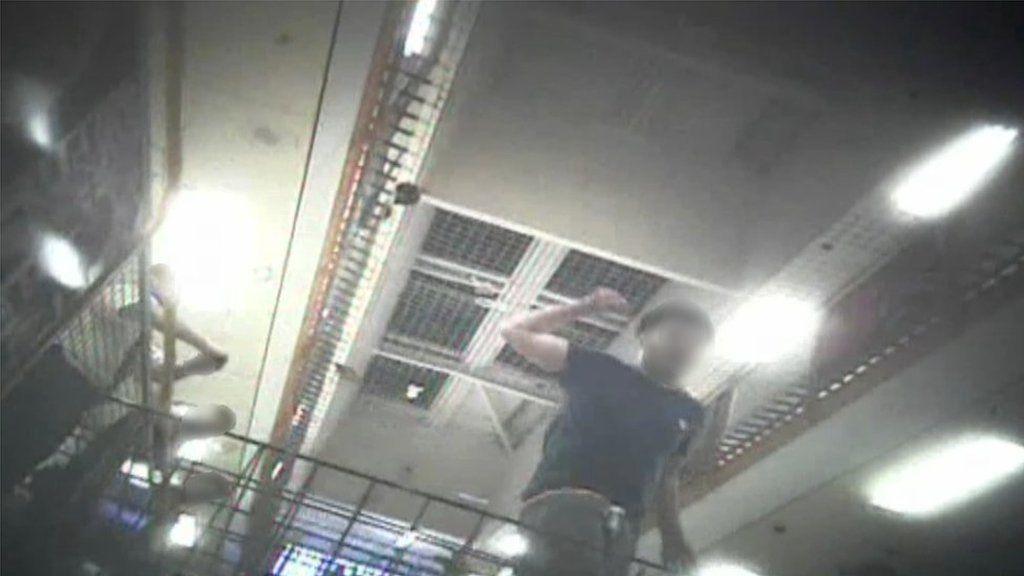
Panorama's covert footage raised concerns about the treatment of detainees
Of the 33 recommendations, two have been rejected, including the 28 day limit to detention, which she accepted would require a major change of position for the government.
It was not possible to be sure whether another 23 proposals have been accepted, and there was "no information at all" about a further five.
A year after her report, the government has only agreed to one recommendation, that the Home Office and its private contractors ensure that all staff were aware of a ban on handcuffing people behind their backs when sitting down, which can result in asphyxiation.
Commenting on the update from Ms Eves, the Home Office noted that the previous government published its response to the public inquiry into Brook House IRC on 19 March 2024, summarising the progress made since 2017 and addressing each of the ten key areas of concern raised in the report.
It added the new government will set out its approach in due course.
Ms Eves said there was a "dark thread" of evidence that the Home Office was failing to listen to an inquiry it had commissioned.
Public inquiries can cost millions of pounds, she said, and "as a tax payer I would be really concerned if there's no apparent willingness to respond to the recommendations."
She said there was a risk of the abuse revealed at Brook House reoccurring.
"It becomes a question of when, not if, such abuses will come to light again."
"I remain extremely concerned that the whole scale failures and misapplications of the rules identified in my report continue."
"This in turn leaves vulnerable people at significant risk”.
Her comments were preceded by a report on Monday by the House of Lords Statutory Inquiries Committee, , externalwhich made its own recommendation for there to be a committee to monitor the responses to public inquiries.
Its chair, Lord Norton of Louth, said: “Lessons learned’ is an entirely vacuous phrase if lessons aren’t being learned because inquiry recommendations are ignored or delayed."
"It is insulting and upsetting for victims, survivors and their families who frequently hope that, from their unimaginable grief, something positive might prevail."
“So the monitoring and implementation of inquiry recommendations is essential."
Related topics
- Published19 September 2023
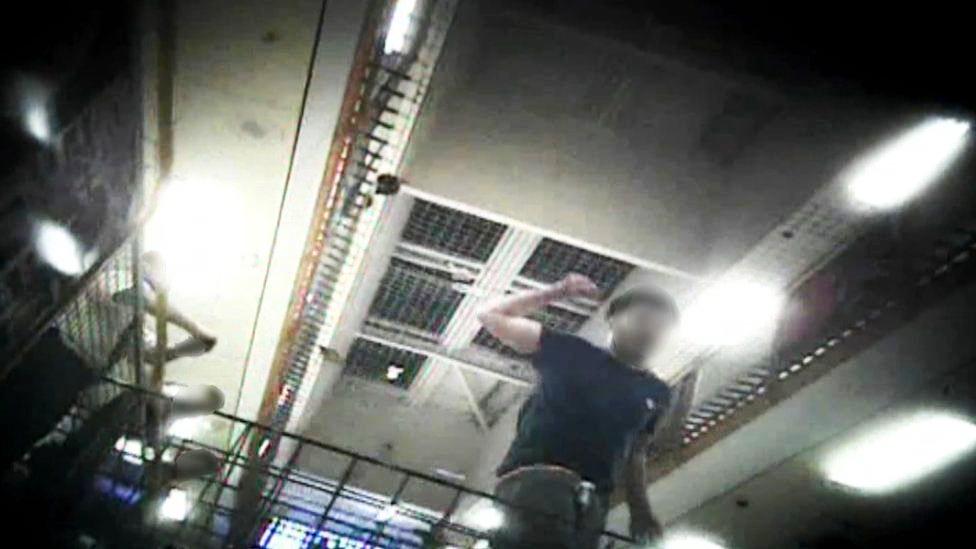
- Published19 March 2024
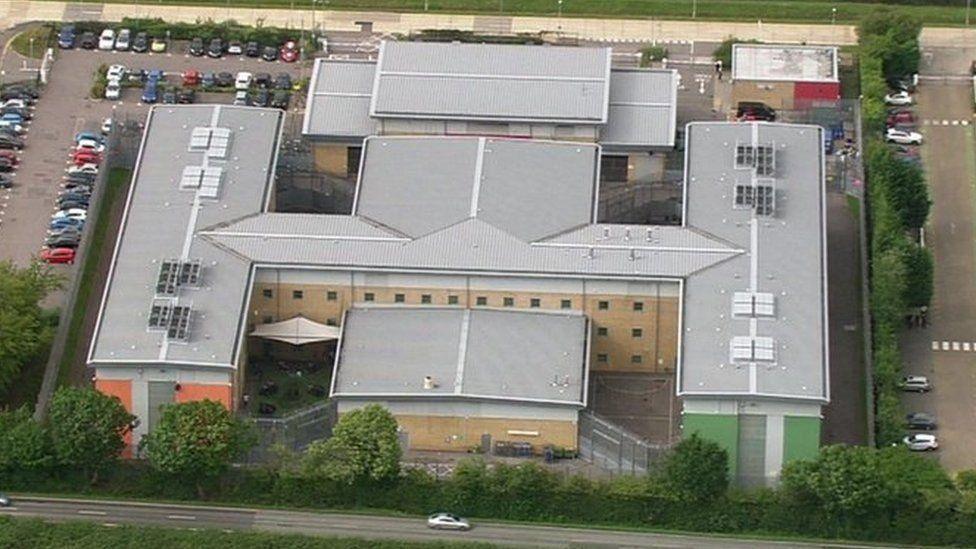
- Published6 April 2022
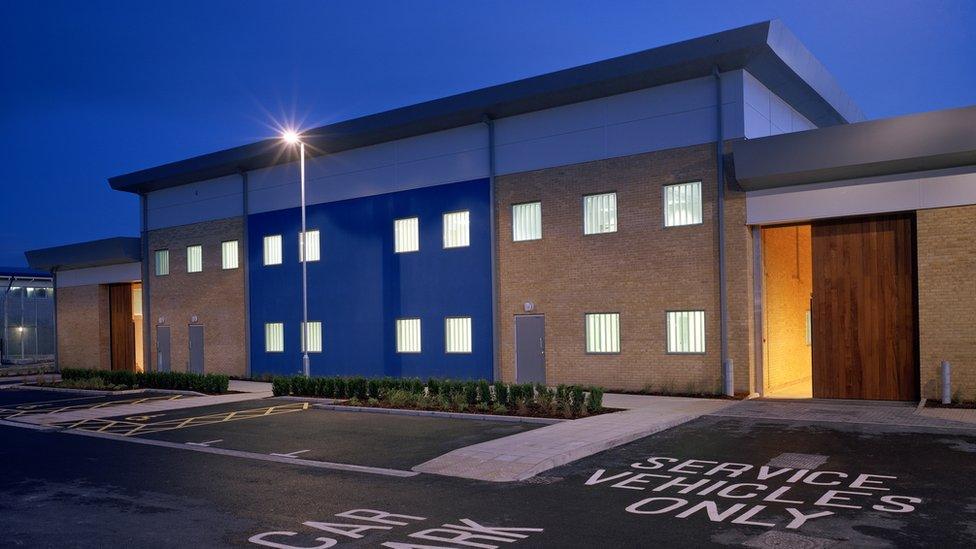
- Published29 August 2024
